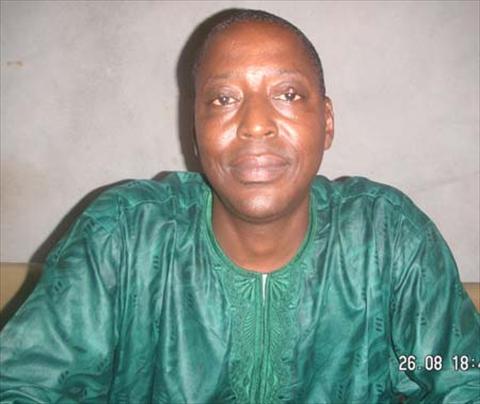
The National Disaster Management Agency (NDMA) under the Office of the Vice President yesterday convened an inter-agency meeting on emergency flood and windstorm preparedness.
Held at the Office of the Vice President, State House in
The meeting also availed partners the opportunity to be briefed on government’s strong view on the role of partners in the ongoing Disaster Risk Reduction efforts, and the need to reinforce the existing coordination mechanisms at all levels to enhance performance in programme efforts, among others.
Speaking at the meeting, Essa Khan, Executive Director of the NDMA underscored the importance of factual reporting on disaster issues in the country.
According to him, information on disaster issues coming from the regions must be endorsed by the governors and the mayors, noting that this is of paramount importance.
“We need to have sanity, we recognize diversity but we also recognize unity in diversity. So information coming from the regions must be endorsed by the governors and mayors, cleared with the NDMA before we put them on the television and radios,” Khan added.
He also noted that harmonization of data collection is important.
“We have developed a standard data collection tool, and if partners feel that the data collection tool may not be appropriate, let them submit their comments so that we can refine and update the data collection tool,” he told the meeting.
In his view, data collection needs to be standardized by all stakeholders and intervening institutions. This, he noted, would reduce external influences and streamline their collective efforts.
“This is very important and critical. What we are trying to avoid is parallel data collection,” he said, adding that people can collect their own data for their personal use, but at the end of the day, the official data should be recognized.
He called on regional disaster management coordinators to work collaboratively with partners to enhance synergy.
Commenting on the issue of joint planning, Khan underscored the need for all stakeholders to plan and implement together.
“We should start together, plan together and move on,” he said, while calling on all to plan together as this is the time of planning.
He also revealed that the Disaster Management Agency has already developed a National Contingency Plan, which was validated and opened by the Vice President. This plan, he went on, will be shared with all the partners so as to know who is responsible for what to enhance coordination.
He noted that the focus is on disaster risk reduction as relief is not sustainable in the long run.
He urged partners to intensify advocacy on disaster reduction, and to put communities of the forefront.
“They should be in the forefront and lead the process if we want to achieve results,” he said, adding further that relief is unsustainable.
Khan also stated that accountability and transparency of partner support is important and critical, because whatever support they give, it has to be accountable and transparent.
The Vice President and Minister of Women’s Affairs, Isatou Njie Saidy, who spoke briefly at the meeting, described it as a consultative forum where stakeholders will consult on time as the rainy season is around the corner.

